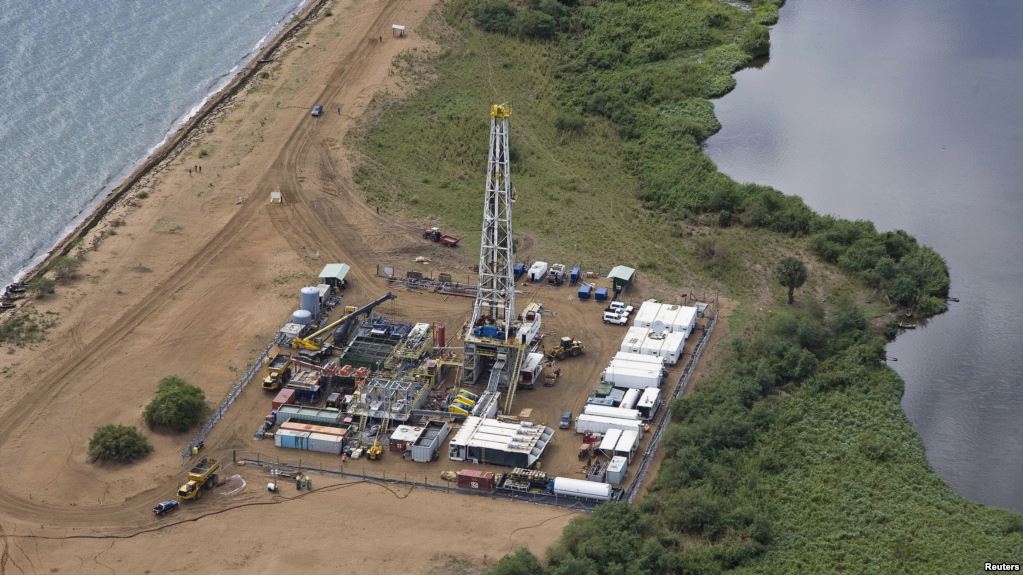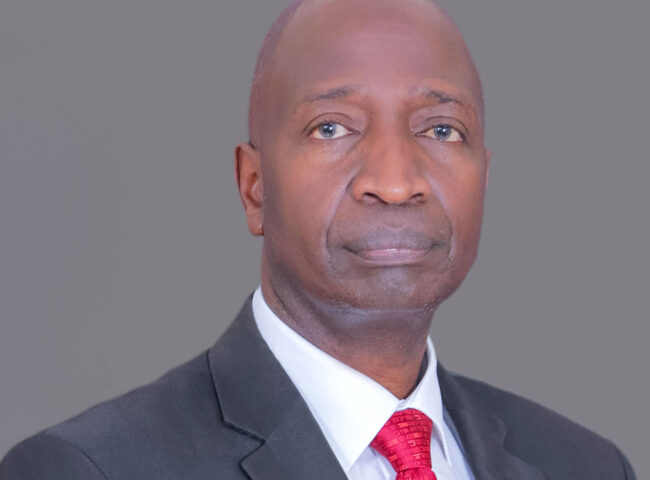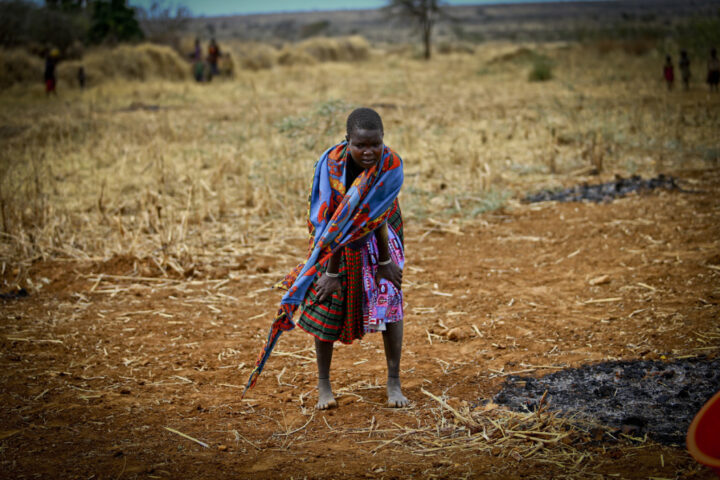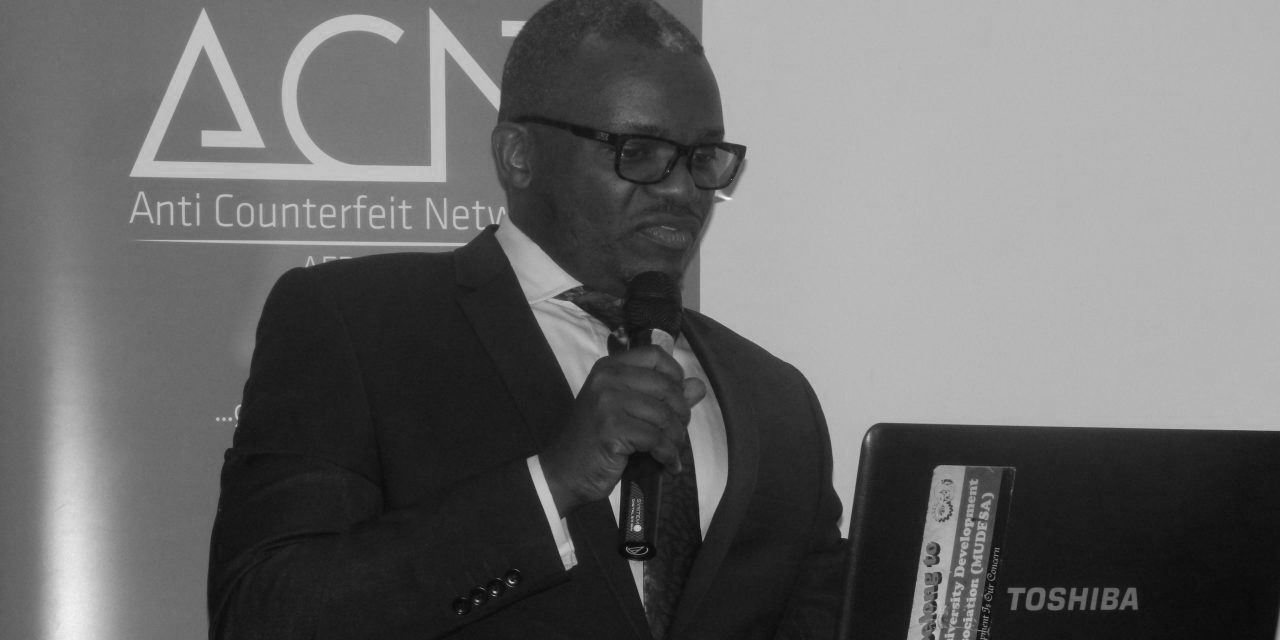As news that Kenyan President Uhuru Kenyatta had flagged off trucks ferrying “First Oil” from the Turkana – it resounded loudly within the East African online family as if it was Kenya’s sputnik moment.
Despite discovering oil six years after Uganda (in 2012, Uganda announced its discovery in 2006), the Swahili nation had, according to the Daily Nation, beaten “odds to become the first East African nation to export oil”.
The euphoria about Kenya’s dash to the front shows how invested the country is in scoring wins. The reaction in Uganda more generally so far has been to lament our own inability to fast track the oil industry by putting Ugandan crude on the market. One newspaper editor summed it best when asked for his reaction. He said Ugandans were “a bunch of talkers”.
One can see why this argument that Uganda is somehow doing something wrong has gained currency. After all oil was discovered 12 years ago. There is also a narrative, peddled mostly by politicians who are wedded to over promising, that oil is somehow a magic bullet for all manner of economic problems. In Kenya and in Uganda, the political establishment have long knitted the story of oil as “the savior” mineral for economic challenges with that of the “messiah” complex of leading politicians. The latter sell their leaders as exceptionally gifted citizens destined to solve their country’s problems.
Both the political and business headlines about Kenya’s first oil, for example, announced wrongly that it was the first EAC country to start production for export conveniently ignoring South Sudan. This newest member of the regional club is an oil reliant basket case whose story is a counter narrative to oil as a blessing.
The two drivers of hyperbole about oil – the “savior” mineral and the “messiah” politician (father of the nation, a legacy Kenyatta is no doubt desperate to leave as his political epitaph and which his senior Yoweri Kaguta is counting on) obscure some of the actual progress in the regional oil story by feeding into the narrative of toxic petro-nationalism.
It is important to situate the oil sector in the politics of both Kenya and Uganda in order to understand whether the delay in production in Uganda is necessarily a bad thing for the country (and a good one for Kenya) or conversely that early production in Kenya should be a source of shame and worry for Uganda.
First, any movement in the oil sector within East Africa whether it is in Sudan, Somalia, Kenya, Uganda or Tanzania is positive news for investors who mostly belong to the same club of companies. It helps de-risk their investments and brighten prospects for growth for an industry with a long lifespan.
Uganda remains the jewel in the East Africa oil and gas story mostly because of the size and geography of its finds. The oil sector in Uganda has also traditionally not looked outward to the coast but rather strategically inward. A big part of the delay in production was the tug and pull Uganda engaged in with the international oil companies, including Tullow Oil which is Kenya’s partner, on pursuing a dual approach of a national refinery along with an export pipeline.
Rather than focus on exports of oil Uganda’s intention has always been to build an indigenous oil sector servicing the region.
Related: Kenya Starts Its First Ever Crude Oil Exports
Uganda abandoned its Early Production Scheme (EPS) in 2009. It would have resembled the strategy Kenya has adopted today of trucking and stockpiling oil for sale to external markets. The scheme like this was initially proposed by Heritage Oil and Gas soon after oil was discovered in 2006 to use trucks to stockpile oil ready for the international market (at the coast in Mombasa).
I had been a supporter of early production for another set of reasons. Uganda was limping through a severe shortage of electricity when oil was discovered. The prospect of a mini-refinery to do a crude to power output for lighting the entire western arch of Uganda was a more appealing strategic investment in early production and still is.
A lot has been said about Uganda’s deliberative approach to the oil sector which is a lesson for other African countries including the East African club even if it has not exported a barrel of oil. Firstly, that the oil sector must be taken seriously enough for the right investment in policies, legislation and projects. The Ugandan oil laws, its model Production Sharing Agreements (recently improved), and its contribution of two large projects to commercialization namely the Uganda-Tanzania oil export pipeline and Uganda Refinery are a valuable blueprint on how to set up a decent oil and gas sector.
Much of the progress towards these projects did not come about because Uganda was under pressure to meet a deadline set outside its realities by say competition with Kenya. Instead as far as I can see Uganda arrived at this point by ignoring such pressures.
I cannot recall the number of times over the years when oil company officials and some politicians and experts said Uganda was missing the boat by not fast tracking its oil sector. Some still believe Uganda will never produce oil in the end.
Related: Row over Kenyan oil revenues threatens to delay production
Could Uganda have moved faster? Absolutely.
It would require a series of articles to explain fully that Uganda’s restraint and in some cases overly cautionary approach was driven mostly because the main decision maker in the sector, President Yoweri Museveni saw oil as an incendiary resource that could have a disrupting effect on the stability of the country.
Subsequently he placed Uganda in a peculiar protectionist path where present political investments were being insulated from the prospect of future oil revenues by ensuring that there was no rush to integrate a sector with a known reputation for disruption. This approach has had many unintended consequences, the delays in production included, but mostly positive ones.
The Ugandan oil sector may have many problems still but competition with Kenya is not one of them.
If there is one thing to envy about Kenya it is the competencies of its public sector. To a significant extent the quality of human capital represented by the professional civil service is the one area that Uganda has not properly figured out and holds its weight in gold (or oil) as one of Kenya’s greatest assets.
Beyond the allure of oil revenues that is the real story that Kenya and Uganda share. One of the ironies of the Ugandan oil story is that when human capital is developed, as is the case in the oil sector, good things happen. The Ugandan success story was that it was largely due to a professional cadre of civil servants, initially sequestered in the Petroleum Exploration and Production Department in Entebbe, that the oil sector has performed pretty well.
It is also the main risk that Uganda bears going into production. It needs an infusion of quality human capital to sustain its gains – something Kenya appears to have a lead on. It is often a sign of mature politics when human capital appears to function smoothly without the pressures of politics.
I remember going for a meeting at the Uganda Parliament on the eve of the vetting of members of the Petroleum Authority Board.
One of the board members nominated was the lawyer Kiwanuka Kiyrowa. His firm K and K Advocates was one of the advisors on contractual and other matters in the oil sector. This was owed in no large part to his law partner Karugire (the other K, in the firm who is a son-in-law to the President). Subsequently a ton of pressure had been mounted by opposition and other MPs that his appointment was nepotistic and a sign, once again, that the President was trying to corner and control the oil sector.
I had offered to intervene with dissenting members of the Appointments Committee by speaking to them personally about why it was important for Mr. Kiryowa to serve his time on the board which was an important institution to the sector but to which the President had nominated mostly industry outsiders and older administrators.
It was a policy of our think tank which got into oil related issues early to find and promote young Ugandan talent – one position at a time if necessary.
Related: British Tullow exploration strikes oil and gas in northwest Kenya
A leading (opposition member of parliament) who I respected because he was level headed had surprised me by going native on the issue of Mr. Kiryowa’s nomination. “He is not qualified. Being a member of the President’s family does not qualify him and we will reject him” he told me when we bumped into each other at a petrol station near our homes.
I pointed out that KK (as he is known) had been involved much longer on oil and contractual matters than many attorneys – regardless of his working relationship with the powers that be, and that he was likely to be the youngest member of the Board.
“If you don’t get young, qualified people in early and you allow politics to color how you appoint this board what happens when the industry is ready and most of the stewards are no longer able to serve on account of their age?” I asked.
To date KK is one of the only two members of the Petroleum Authority Board with industry experience, the other being Rueben Kashambuzi – the god father of oil exploration under whose watch oil was discovered.
The “Story of Petroleum Exploration in Uganda 1984-2008. A Matter of Faith” Reuben’s memoir of how oil was discovered is a story of the triumph of human capital. Where there is more of it the oil industry should do well in Uganda or Kenya.










